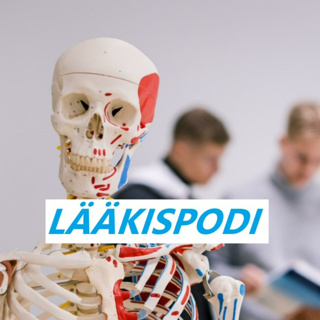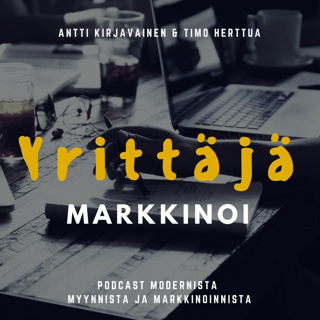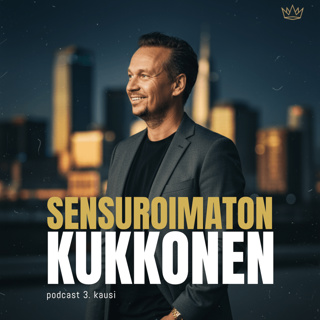
119: Capturing And Using Feedback Correctly
Candidates good through a lot of trouble finding practice partners and reaching out to current and former consultants. We do, however, find that despite all of this effort, they tend to be very weak at the manner in which they capture valuable lessons. There is far too little planning and it is largely a trial and error process. They reach out to 10 people hoping that at least 3 will provide great feedback and possibly 7 will provide some feedback. We find the best candidates have a list of items that they want assessed in the practice session and this rolling list is continuously being updated after every session.
17 Helmi 20134min

118: Math and Estimation Case Guidelines
In this podcast we examine the performance of our clients to isolate best practices you can use in your own math calculations in cases. The best practices focus heavily on the types of math calculations where the candidate must structure an analyses approach, estimation cases, and is then either given data or must make assumptions to arrive at a final answer.
11 Helmi 20135min

117: Giving Interviewers Benefit of the Doubt
This podcast is about the importance of you, the candidate, never ever giving the interviewer the benefit of the doubt, why this is vital, how to do this in a case and the improvement it will immediately deliver. The main value of adopting this mindset is that you tend to explain everything to the interviewer because you assume he is not aware of all the answers. If you enter an interview, assuming the interview is "perfect" you will tend to make assumptions which hurt your chances and damage your image.
5 Helmi 20138min

116: Confidence and Content Traps in Case Interviews
This podcast is about the impact of confidence on cases and the importance of avoiding the content trap. We use simple ratios to explain why you need to be confident and how the content-trap sinks many candidates. The content trap occurs when a candidate tends to have poor knowledge of the first principles of cases and rather relies on completing as many cases as possible in the hopes of memorizing all possible frameworks. This is a losing strategy since they are not learning how to solve cases.
30 Tammi 201310min

115: Important Case Interview Elements to Consider
Analyzing customers, competitors and the market: 3 areas which must always be considered in cases, even when it is not clear why. In essence, all businesses exist to serve customers. A business cannot exist without customers and to understand demand you must understand customers. The ability to meet demand is impacted by competitors/substitutes and market barriers like legislation, inflation etc. Therefore, these three areas must be analyzed in cases where demand may be an issue.
24 Tammi 20139min

114: Start Math Problems From A Known Variable
The importance of starting estimation cases from a known versus unknown variable cannot be underestimated. This may sound like a strange piece of advice, but makes a monumental difference on the ease of calculations and sanity-checking at the end. Moreover, simple probability theory indicates you dramatically increase your chances of getting a correct answer at the end if you begin your equation with a known variable.
18 Tammi 20135min

113: Four Classic Math Mistakes In Cases
Candidates mess up calculations for 4 primary reasons: missing units, complicated equations, weak visual layout and poor technique. Notice that we ignore speed and arithmetic. There is a reason for that and it is discussed in the podcast. The most surprising one of the lot is missing units. We have trained PhDs who graduated first in their schools and many tend to drop units thereby producing meaningless answers. These are all simple mistakes but the impact is substantial.
12 Tammi 20138min

112: Why You Need Case Interview Structures
Despite the words "framework" and "structure" used so often, most candidates cannot explain what it is and why it is used. Unless you know the latter, you tend to misuse the framework and incorrectly use it in a case. This podcast presents the need for case structures from the viewpoint of the interviewer or engagement partner. It indicates that case structures are not there merely to guide you, but to guide the person guiding you. And if you extend this to its logical conclusion, if the framework is their to guide the interviewer, then communicating your structure and thinking becomes very important.
6 Tammi 201311min





















